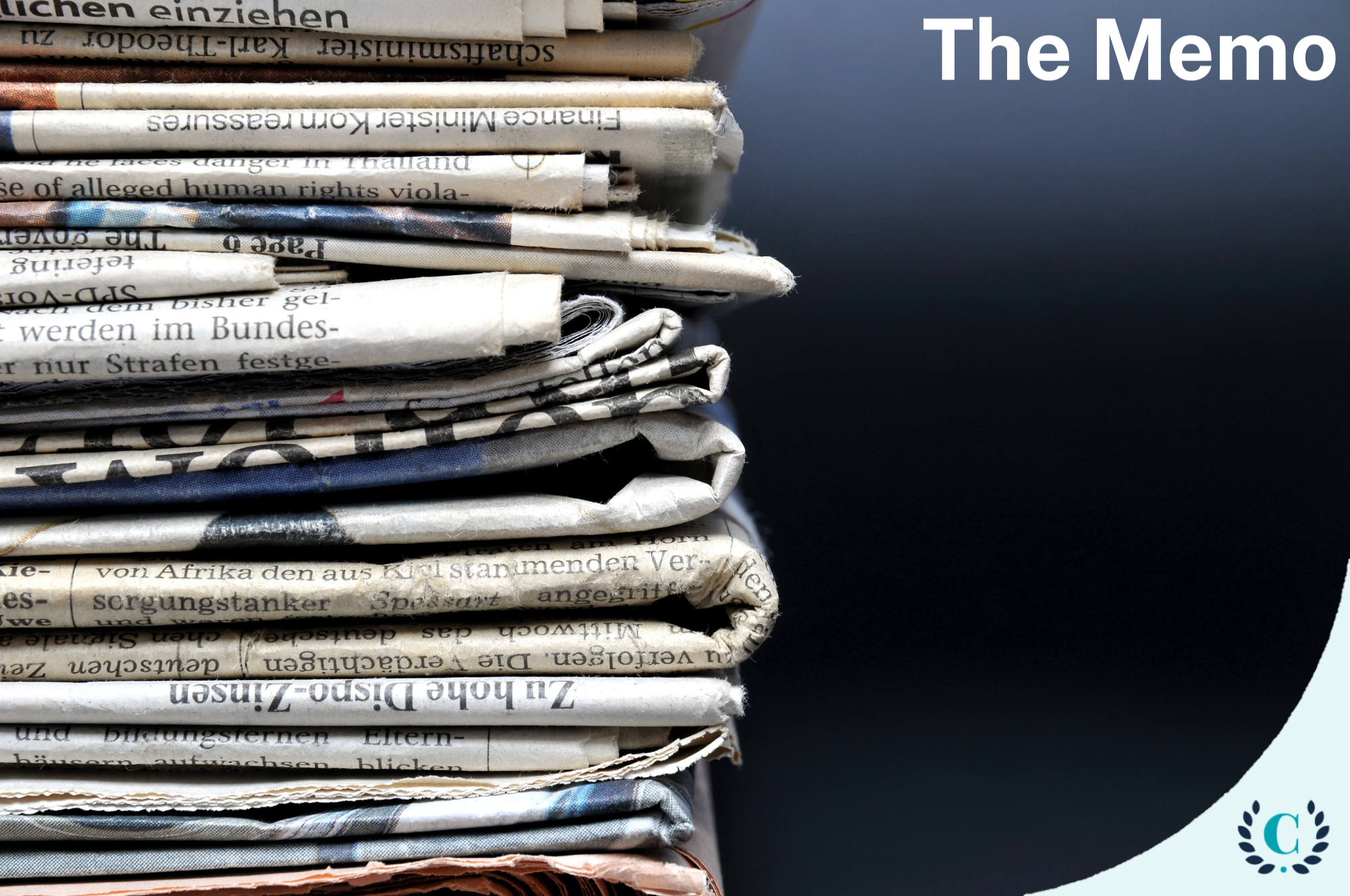The Memo: Divided over OneLove

Divided over OneLove
Charity Agasaro - 12th December 2022
When the 2022 World Cup began, the captains of seven European nations were set to don a OneLove armband to show their support for the LGBTQ+ community. All seven however were forced to quickly backtrack when it became apparent that FIFA would penalize players for doing so, something that generated widespread shock and anger among supporters. FIFA rules have long indicated that anything worn by players should not include any political or religious messages. What’s more, national captains representing their countries in tournaments such as the World Cup are only permitted to wear armbands provided by the federation.
The football federation of Germany – one of the seven nations originally set to wear the armband – argued that the move was not simply a political statement, but an important message regarding human rights. In fact, so strong was the response that the federation has begun an investigation into whether FIFA’s threatened sanctions against the players were legal, with news reports indicating that Germany’s federation, along with others, intends to reach out to the Court of Arbitration for Sport (CAS). It’s worth noting however that before the federation can take the case to the CAS, it must first go through the appeal system within FIFA’s own judicial bodies, which includes a disciplinary committee, ethics committee, and appeal committee.
Keeping half an eye on cases like this is a must for anyone with their hopes pinned on a career in sports law. Aside from the high-profile work representing national governing bodies and federations, a sports lawyer will work across player’s immigration statuses, contract reviews and intellectual property rights to name a few. For more information, take a look at our sports, media & entertainment practice area guide here.